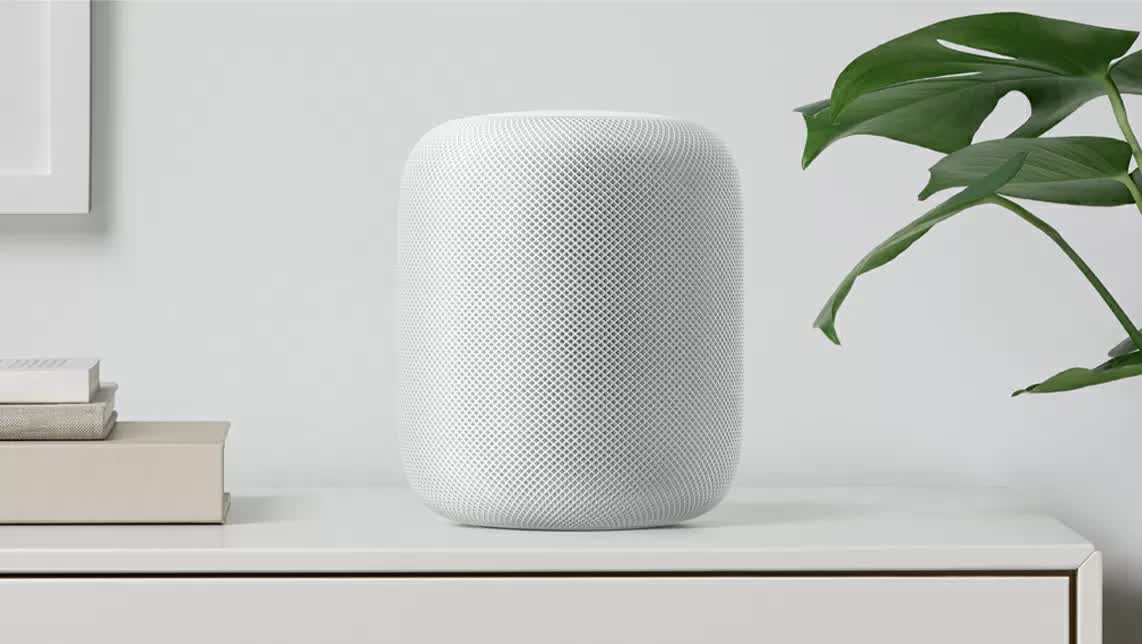Joe White
Posts: 69 +0
Cutting corners: There was a fair degree of controversy when earlier this week, news hit that Apple Music’s upcoming high-resolution lossless streaming formats wouldn’t be supported by AirPods or HomePod speakers. Before you begin to spit features, though, fret not – because Apple has since confirmed that both the HomePod and HomePod mini will eventually support lossless audio.

When it launches in June, Apple Music’s lossless audio means listeners will be able to “hear the exact same thing that the artists created in the studio,” as opposed to compressed formats typically used to deliver streamed audio. With that said, some rivals already offer higher quality audio, Tidal and Qobuz are two good examples, while Amazon just made the move to offer HD music as part of their standard Music subscription, like Apple who doesn't plan to charge extra for the feat.
We also heard this past week – in a true facepalm move – that Apple’s AirPods and HomePod speakers wouldn’t support music played in ALAC (or Apple Lossless Audio Codec). Ouch.
However, there’s a dash of good news. Apple recently confirmed in an online document that both of its HomePod speakers – the original HomePod and the $99 HomePod mini – will support ALAC lossless streaming via a software update in the near future.
Apple also explains in the document why AirPods aren’t getting ALAC support. “AirPods, AirPods Pro, AirPods Max, and Beats wireless headphones use Apple’s AAC Bluetooth Codec to ensure excellent audio quality. Bluetooth connections don’t support lossless audio,” the support document notes.
For owners of Apple’s $550 AirPods Max headphones, a wired connection can allow ALAC support – at least partially. “The Lightning to 3.5 mm Audio Cable was designed to allow AirPods Max to connect to analog sources for listening to movies and music. AirPods Max can be connected to devices playing Lossless and Hi-Res Lossless recordings with exceptional audio quality. However, given the analog to digital conversion in the cable, the playback will not be completely lossless.”
Whether that’s a good enough consolation prize remains to be seen.
Apple adds that broadcast radio, live and on-demand content from Apple Music 1, Apple Music Hits, and Apple Music Country, and music videos won’t be available in lossless formats.
https://www.techspot.com/news/89785-apple-confirms-homepods-support-lossless-music-but-not.html